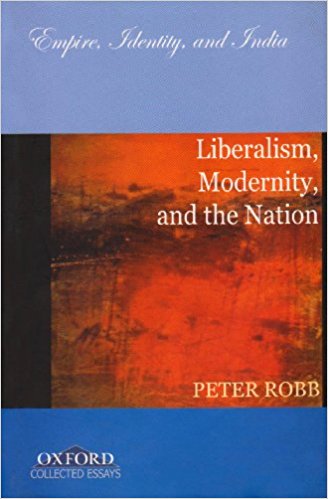Readers not yet familiar with Peter Robb’s corpus will find this double collection of his theoretical and historical essays a useful introduction to the major themes and methods that have dominated his work for over two decades. From the groundbreaking programmatic text, ‘Law and Agrarian Society in India: The Case of Bihar and the Nineteenth-century Tenancy Debate’ (1988) to his more recent writings – represented here by ‘Labour in India, 1860-1920: Typologies, Change, and Regulation’ (1994), ‘The Colonial State and Constructions of Indian Identity: An Example on the Northeast Frontier in the 1880s’ (1997) and ‘Completing “Our Stock of Geography”, or an Object “Still More Sublime: Colin Mackenzie’s Survey of Mysore, 1799-1810’ (1998), as indeed his extensive new introductions offered – virtually the full range of Robb’s interests can be gleaned from these two volumes (henceforth the first volume will be notated as LMN and the second as PPEL). And even though the title correctly identifies their overarching concern with historical developments in the wake of Empire, one finds here also what remains Robb’s most engaging side: his considerable ingenuity as a theorist of historical events and historiographical currents.
The extensive new introductions provided in the two volumes (plus the fuller statement of the rationale for the collections as a whole offered in LMN) present glimpses of the same. Both the collections are prefaced by a summation at once personal and self-effacing.

